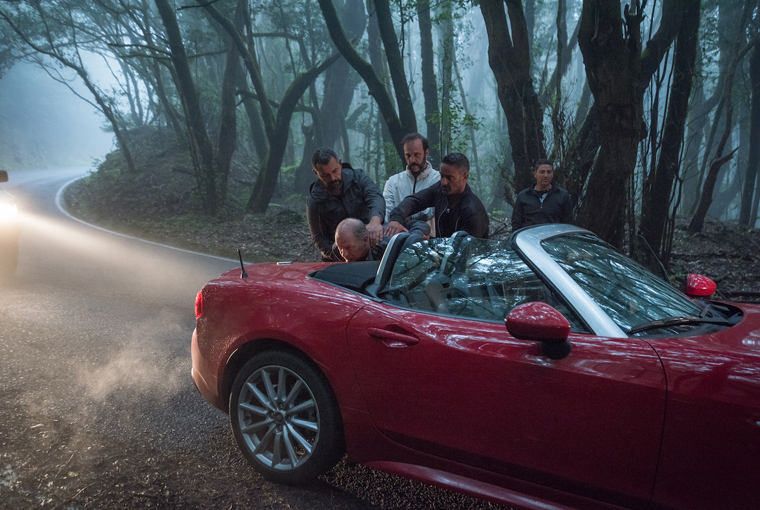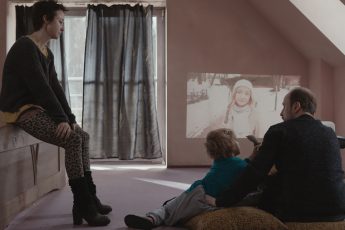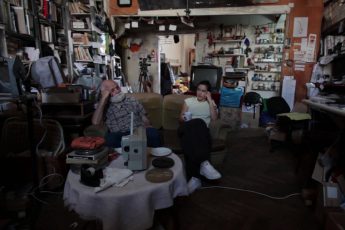
Sixteen years after taking over Chelsea F.C., which has since turned into one of the most recognizable football brands in the world, Russian oligarch Roman Abramovich is trying his luck with a private film fund. With a reported 100 million dollars to spend over the first three years of its activity, the fund hardly constitutes a high-stake investment for a man who has literally made a fortune (at least 13 billion dollars) by selling his stakes in an oil company to Gazprom in 2005. But considering the dire state of film funding and the fact that the Abramovich fund is primarily directed towards Russian productions (although international titles with Russian involvement are also eligible), the impact of Abramovich’s new passion will be felt across Europe – not least because, like Netflix, a Russian oligarch’s film fund is the perfect enemy for European cinema elites. After threatening European democracy, will American capitalists and Russian crooks threaten our cinema, too?
Not if Europeans manage to destroy their film infrastructure all by themselves. The misguided hubris of the European filmmaking elite could be felt at Cannes, where during the screening of Corneliu Porumboiu’s The Whistlers, the financiers from mk2 and arte applauded themselves for making it all happen. Of course, free-market capitalism and dirty money are genuinely dangerous. The problem is just that Europeans only pretend to hate both of these things while happily implementing neoliberal policies and courting people like Abramovich, and that the system they have set up is hugely inefficient even without external pressure. On the other hand, if shaming the stupid nouveau riches works as an alternative to making politics work (see the Trump hype), it might work as an alternative to producing good movies as well: “What do you know about good movies, Roman?”
***
Our May issue features our coverage from Cannes, where we saw Corneliu Porumboiu’s smart action-thriller The Whistlers, Kantemir Balagov’s equally smart WWII drama Beanpole, and the somewhat more melancholic (albeit mostly inspiring) debut of Nariman Aliev that focuses on the grief of the Crimean Tatars. Meanwhile, we complete our coverage of the SEEfest in Los Angeles with reviews of Marko Šantić’s Together and Bujar Alimani’s The Delegation, and of Crossing Europe with reviews of Nora Agapi’s Timebox and Ismet Sijarina’s Cold November and accompanying interviews. Finally, Lucian Tion contributes a piece about a perceptive and hard-to-categorize film about Lithuania – past and present – from Beldocs in Serbia, while Colette de Castro wrote about Yaroslav Lodygin’s The Wild Fields, which is based on a contemporary novel from Ukraine, but appears to have time going against it.
We hope you enjoy our reads.
Konstanty Kuzma & Moritz Pfeifer
Editors




Leave a Comment